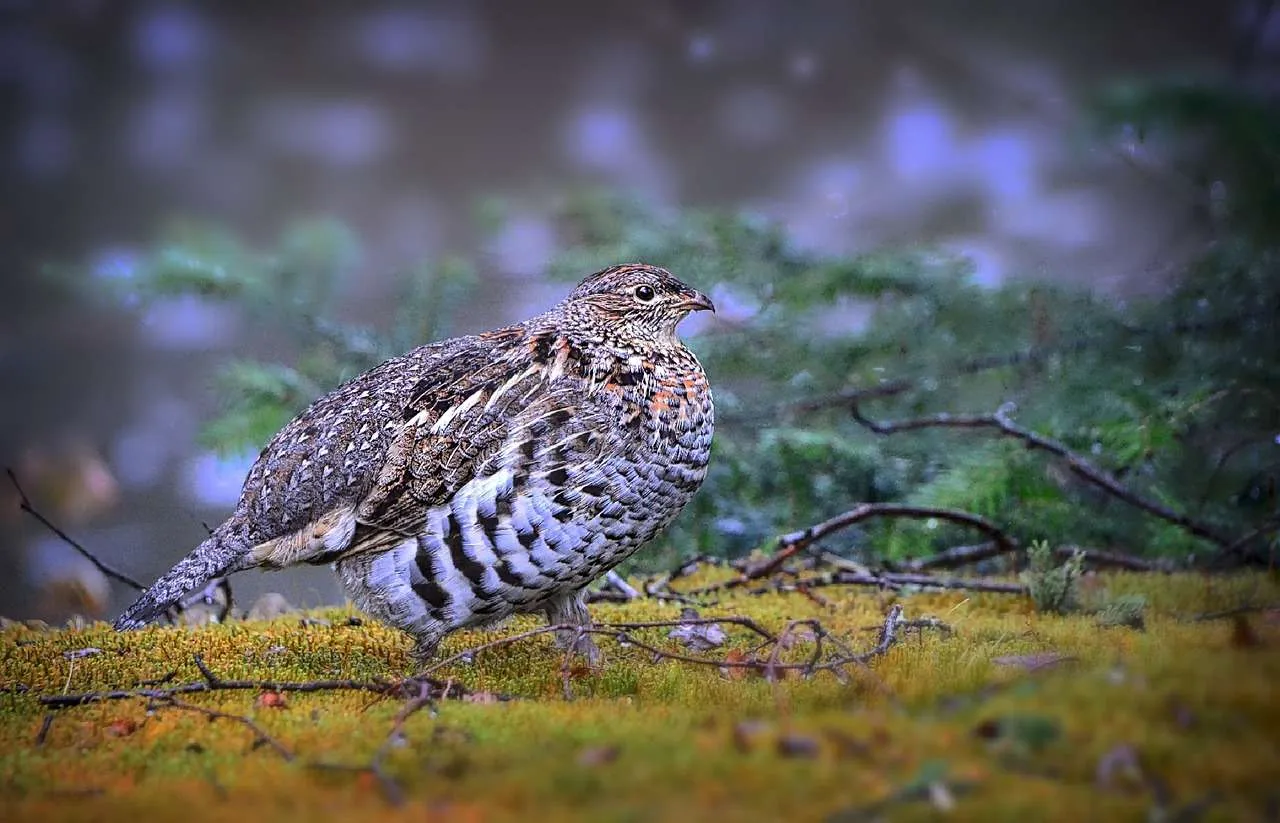Grouse hunting is a sport that seems to have fallen in popularity, and that is quite a shame. Few moments in hunting can compare with the helicopter like the thundering beat of a grouse’s wings firing into the sky seemingly from under the hunter’s foot. While grouse aren’t as common as they once were (and therefore, hunters should limit how many they take) they still exist in huntable numbers and grouse hunting can easily be combined with rabbit hunting trips, especially if you rabbit hunt without a dog. Here are 10 tips to improve your grouse hunting.
First you need to hunt where there are grouse. Areas of the woods that are regrowing after being cleared by logging, oil and gas well drilling, and forest fires are great places to focus. Abandoned farms also provide great habitat.
When hunting likely grouse habitat, look for things that are green. In the brown of winter, those green plants will attract grouse seeking food.
If the weather is quite dry, hunt in areas near water. You don’t have to hunt creeks, rivers, or ponds, but look for marshy areas near springs.
While wind and grouse hunting aren’t a good mix, if it is windy hunt the sheltered side of brush, ridges, and other places that grouse may be protected from the wind.
Remember to stop often when walking through good cover. As with rabbits, it appears that the grouse think that have been spotted and may flush when a hunter stops. When you stop, be ready to shoot.
As the sun begins to go down, focus your energy on the edges of brush, instead of the middle. Walk along thick brush and poke into the brush at intervals.
Be ready for the grouse to flush to cover. When in likely grouse cover try to picture which way the grouse will flush and be ready to shoot in that direction.
If your grouse hunting area has late producing fruits or other food sources concentrate your hunting there. Look for late season food sources by watching for sign of turkey and deer tearing up the ground and brush while foraging for food.

